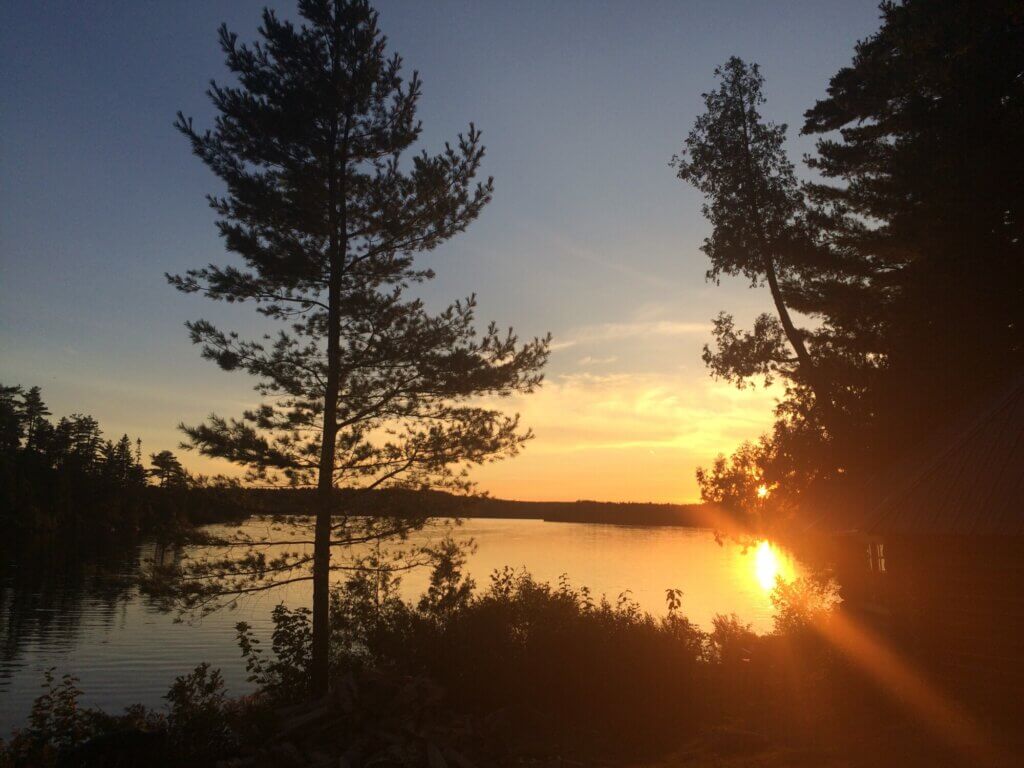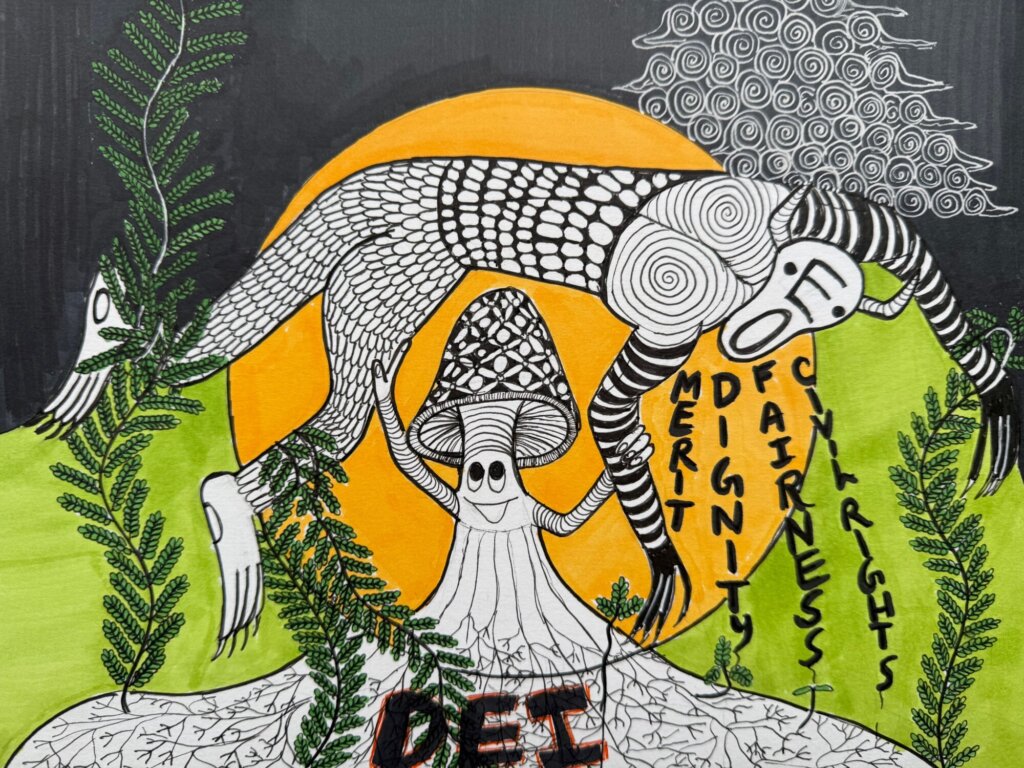Ava
Published on
02 - 06 - 2019
Ava
Published on
02 - 06 - 2019
A statement by the founders of the Avarna Group.
As a company, we’ve been quiet about the announcement of the Camber Outdoors CEO pledge over the past few days, but not for lack of thoughts about the whole situation. On the contrary, we’ve been teeming with thoughts. In between flights, workshops, and phone calls we’ve been trying to put it all together. If you’re unsure what we’re talking about, you can catch up here.
In 2018, we intentionally kept quiet during announcement of Teresa Baker’s pledge and Camber’s announcement of their new expanded mission. Though we always have thoughts and opinions about DEI efforts, we tend to not make public statements about things like pledges or other consulting-like organizations for two reasons. First, we recognize that there are many valid approaches to this work; in fact, the diversity of approaches often makes the movement stronger. Second, being highly critical of others’ DEI work fosters an expectation of perfection in inherently messy, complicated work. As individuals and as a company, we are constantly learning, updating, and improving our work. Giving our colleagues and ourselves the space to grow is paramount because no one came out of the womb being able to clearly articulate nuances of structural oppression.
And that’s exactly the point – for those who can clearly articulate the nuances of structural oppression, it’s because it has been part of a lived experience and/or they’ve put in the time to truly understand how structural oppression operates; it takes time and effort to wrap one’s mind around all of this. And even more time and effort to figure out solutions. This is all to say – to know about and resist oppression is work; it’s emotional work, it’s intellectual work, its spiritual work, it’s very often unrecognized, unpaid work. On a fairly regular basis, people will remark how fluent we are in DEI work to which we always respond, “well, it’s our job.” People forget that this is work.
When we saw Camber unveil the equity pledge, it was clear they hadn’t done any of the work; sure, they had been busy hosting meetings and collecting new signatories, but none of that matters if you haven’t taken the time to understand oppression. Instead, they tried to ride the coattails of Teresa Baker’s and so many other black, indigenous and people of color’s work. You’ve probably noticed that the last few Outdoor Retailer shows have embraced DEI more readily, but that didn’t just happen by accident. The shift we see is due to organizations led by BIPOC, trans and non-binary, fat, working class, and disabled people carefully, laboriously, and painstakingly making a case for their existence in the industry – it is painful work to fight for your existence. So, when we talk about Camber stealing Teresa’s work, it’s not just about Camber claiming they had the idea to add an equity lens to their pledge and ignoring Teresa’s existing pledge; it’s about the invisible work that Teresa and so many others have been building upon for years to carve out a space in a world—as Carolyn Finney describes it—that wasn’t created with them in mind.
Not doing the work isn’t just a social blunder; it’s also irresponsible and harmful. Camber asked people to volunteer their time and labor in an equity working group, undertook a cursory process, and developed a campaign around an old pledge in just a few months. In their process, they missed an opportunity to build knowledge within Camber and find consensus amongst groups whom the pledge purportedly benefits. Worse, despite asking for uncompensated labor from working group participants, Camber failed to change anything in the actual pledge. The audacity of co-opting the momentum of a cultural movement built by BIPOC, but failing to actually do any work, is one of the clearest manifestations of white privilege. Further, at the time of this writing, after they apologized for using the “first of it’s kind” language, it still exists on the website and in the press release. Perhaps they haven’t gotten around to cleaning it all up, but you know what? That’s the work too.
And so, it appears as though Camber never answered the question, “how does our work change when we shift from an organization that focuses on the inclusion of women to an organization that centers equity for all marginalized identities?” It’s a big shift from inclusion to equity and you want to be clear about what that means. We once got feedback that one of our webinars was a, “string of buzzwords devoid of content.” While we stand by that webinar and its content, we’ll never forget that feedback because one, it’s catchy as hell, and two, it was a reminder to us to always be intentional about what words we use. To use works like “diversity,” “equity,” “inclusion,” “justice” and “cultural competence” (just to name a few) without intention means that you’re not doing the work; to understand how these words mean different things and how they apply to workplace culture and policies, recruitment and hiring, supply chains, product development, sales, conservation policy, branding and marketing, and all other aspects of outdoor companies is to do the work. Equity requires us to grapple with power dynamics, past and present. It requires us to engage in difficult and complicated work. You cannot simply utter the word “equity” a few times in a press release, click your heels, and claim you’ve arrived.
We want to end on this note: equity requires affirming, celebrating, and building upon the work and people that came before us. The work of equity is all of our work; we all have a role in it and it cannot be owned or claimed by one organization. As we do the work together, we must recognize on whose shoulders we stand when we do it.
So with that said, we stand with Teresa.
Dear Avarna community, We’re only four months into four years of this presidential administration, and the attacks on everything our…
Read full post about Staying the Course: On EOs, Education, ERGs, and SailingAvarna Community, It is with nearly all the emotions you might find in an emotions wheel that I am announcing…
Read full post about Farewell, AvarnaThe current administration’s anti-DEI Executive Orders have sparked varied responses in the nonprofit and private sectors—some organizations are defending DEI…
Read full post about DEI Jujitsu: Flipping the Backlash to Reframe Our Work

